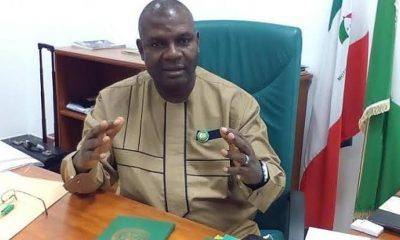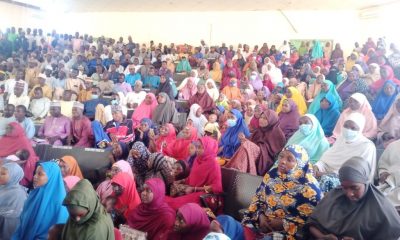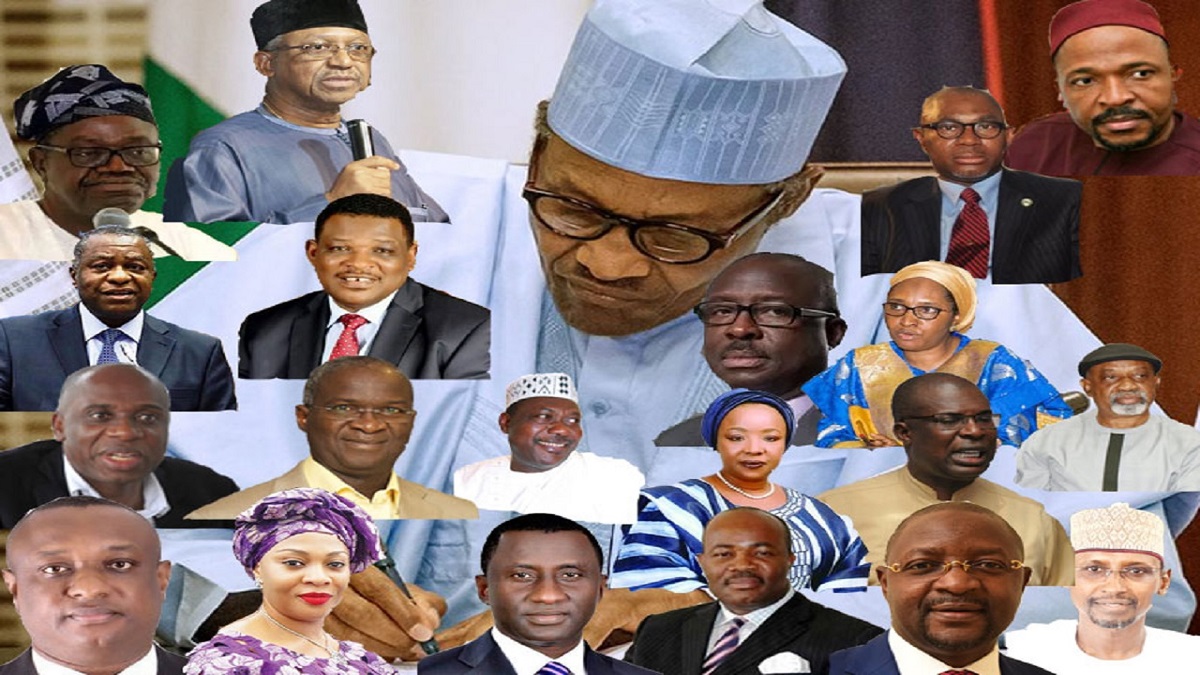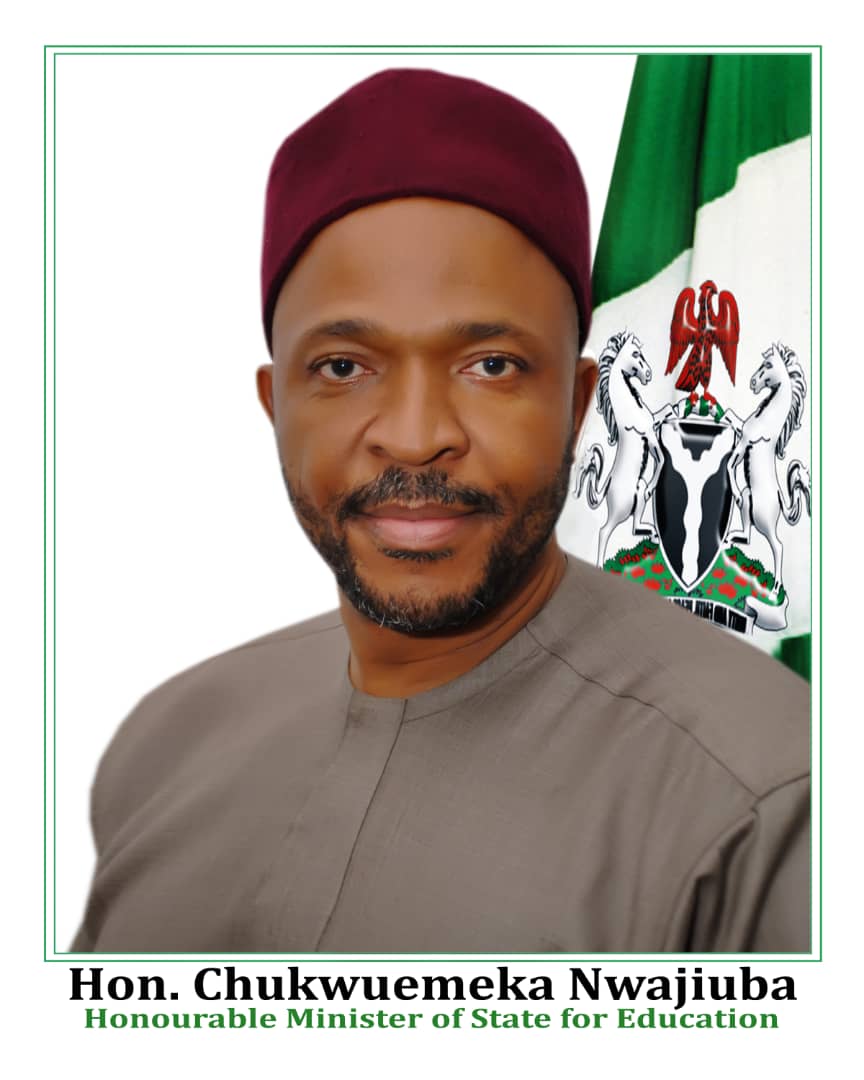- Seeks urgent revitalization of education system
President Muhammadu Buhari, at the Presidential Summit on Education on Monday, November 13, 2017 at old Banquet Hall, State House, Abuja, the statistics of estimated 13.2 million out-of-school children in Nigeria as well as the high illiteracy level, infrastructural deficit and decay, unqualified teachers, and inadequate instructional materials, which he considered have retarded the country’s development.
The President considered the ministerial summit important and crucial to the quest for improving the quality of life in Nigeria through provision of quality and functional education for all, at all levels.
He commended the Minister of Education and other actors in the education sector for setting the stage for a national conversation that is aimed at refocusing the education sector not only to overcome the numerous challenges but also to strengthen the Ministerial Strategic Plan that has already been developed by the ministry.
President Buhari argued: “We cannot progress beyond the level and standard of our education. Today, it is those who acquire the most qualitative education, equipped with requisite skills and training, and empowered with practical knowhow that are leading the rest.”
“We cannot afford to continue lagging behind. Education is our launch-pad to a more
successful, more productive and more prosperous future,” he said.
The president declared that the current administration is committed to revitalizing the education system and making it more responsive and globally competitive.
“One of the primary roles of education is to build and sustain individual and society’s development. It renews and improves the economic, social, political and cultural aspects of any nation,” he remarked.
Buhari maintained that education upgrades the living standard of citizens and enables people to become better and more productive citizens. It is a human right that creates a safe, healthy and prosperous society, he added.
The President further asserted: “It changes the visions and perspectives of individuals, enhances critical decisions and improves democracy. Indeed, education is paramount and necessary requirement for all-round development.”
It was his view that Nigeria’s participation in all relevant international education fora together with investment in education and collaboration with development partners, is an indication of high level of commitment towards ensuring that every capable Nigerian receives good quality education.
“These efforts are justifiable only to the extent that schooling is effective in promoting the realization of national objectives, attaining the Sustainable Development Goals (SDGs), and Education For All (EFA) by 2030.
“These targets are, happily, in harmony with the manifesto and the CHANGE agenda of our Party, the All Progressive Congress (APC).
It is also in agreement with my campaign promises during the 2015 elections exercise and in pursuit of the yearnings and aspirations of the generality of Nigerian citizens,” Buhari declared.
The President bemoaned that the state of education in Nigeria calls for a serious concern and that is why they were all gathered there. He observed that the problem is no longer a secret that the quality of education in Nigeria requires greater attention and improvement.
“That our country is facing numerous challenges in education and all other sectors as a result of historical abuses, mindless impunity and corruption is not news to anyone,” Buhari stated.
He decried that “with an estimated 13.2 million children out of school, high illiteracy level, infrastructural deficit and decay, unqualified teachers, and inadequate instructional materials… we can clearly see the effect of decades of neglect that the education sector has suffered.’
The President, therefore, stated: “We are determined to turnaround the sector for the better. We are already making appreciable progress in this respect. This summit must, therefore, among other things, sharpen our strategies for addressing the challenges of basic and secondary education, teacher training and professional development; technical and vocational education.
‘The summit must work to enhance quality in, and access to, higher education and other challenges in the sector that will debar us from attaining the SDGs and be among the top 20 economies in the world.
“My firm belief is that with the calibre of participants at this summit, the road to a better future is before us and we must chart it.
“It is my expectation that at the end of this summit, we shall come up with feasible, implementable but far-reaching action plans for the ministerial strategic plan that would make education play the pivotal role as the engine that drives national prosperity and development.”
“While there are numerous other competing demands and responsibilities from different sectors of the economy, I want to assure you of this administration’s commitment to confronting and tackling the challenges in the education sector. This will be part of our deliberate policy of revitalizing education provisioning and capacity building,” Buhari stated.
He advocated: “we must get it right in this country. To get it right means setting our education sector on the right path.”
The President reiterated that, “No nation can achieve economic, social, political and cultural prosperity without a sound and functional education system.
“We should also bear in mind that the security and stability of the country hinges, to a large extent, on its ability to provide functional education to its citizens.”














 Football6 days ago
Football6 days ago
 Health & Fitness15 hours ago
Health & Fitness15 hours ago
 Aviation1 week ago
Aviation1 week ago
 Featured4 days ago
Featured4 days ago
 Comments and Issues6 days ago
Comments and Issues6 days ago
 Education5 days ago
Education5 days ago
 Business5 days ago
Business5 days ago
 Education1 week ago
Education1 week ago
